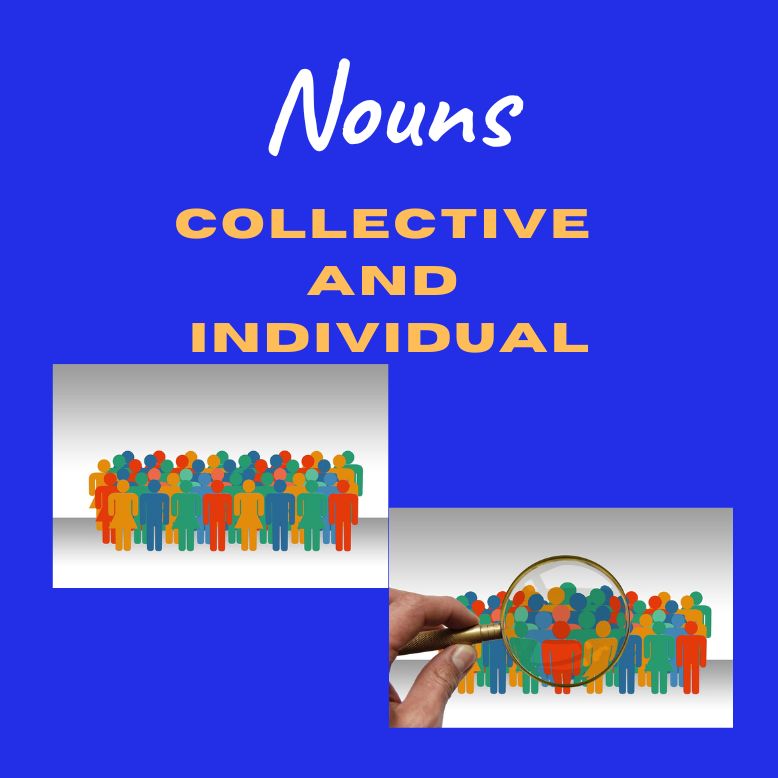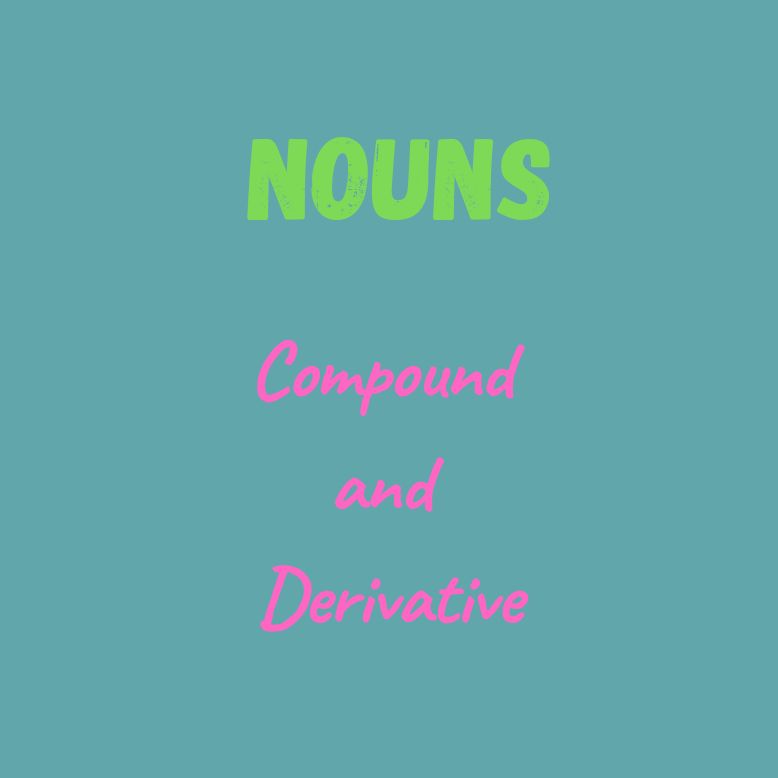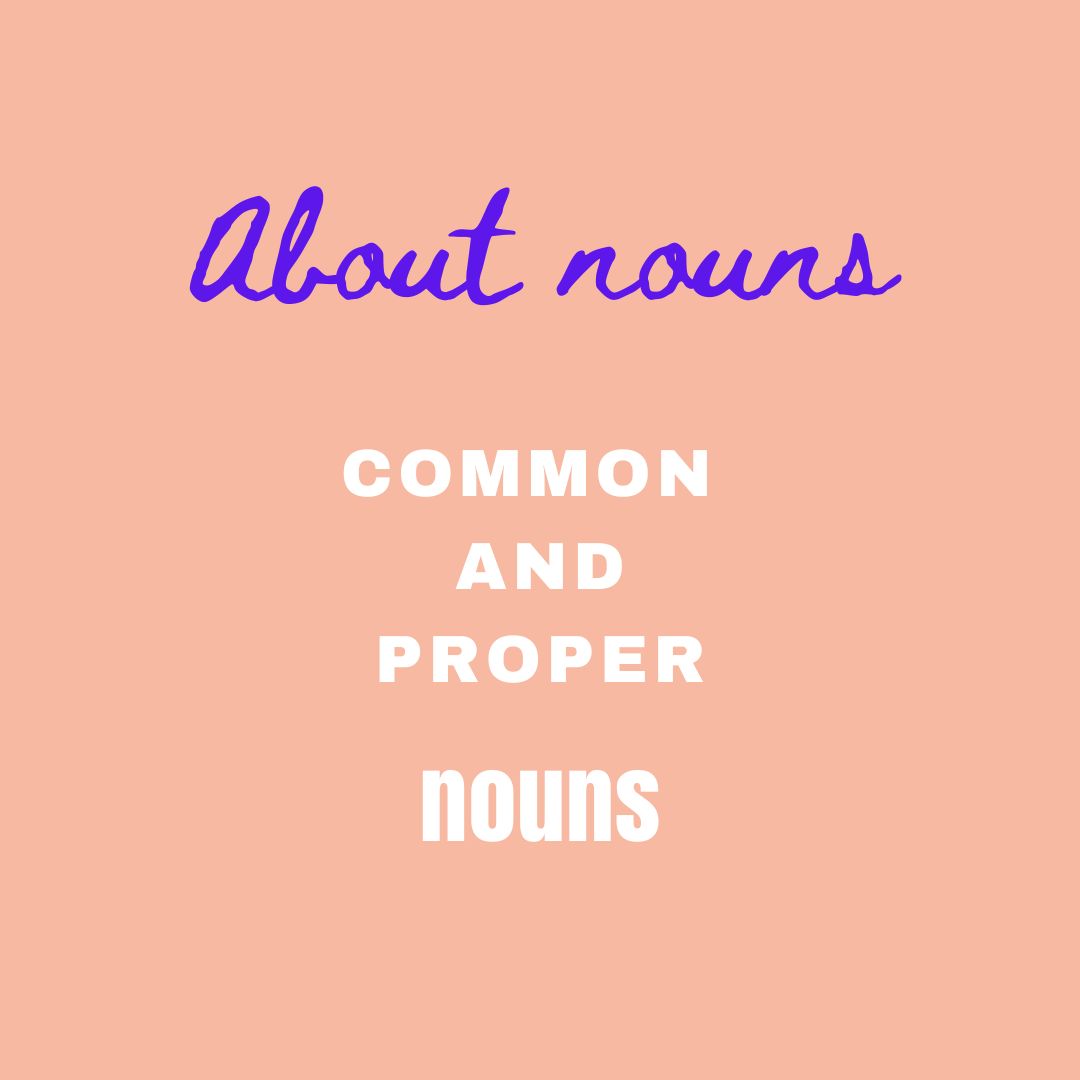Tag: specific

Prepositions – “Till” and “Until”
Till and until are used as conjunctions to indicate points in time, conditions, or events in relation to which other actions or events occur. They convey the idea of when something happens, stops happening, or is contingent upon another condition.

Prepositions “Since” and “From”
since primarily focuses on specifying a starting point in time or expressing a cause-and-effect relationship, while from is more versatile and can indicate starting points in time, place, or ranges of values.

Collective and Individual Nouns
the individual nouns (book, dog, car, etc.) represent distinct and separate items or entities that can be counted. In summary, collective nouns refer to groups or collections treated as single units, while individual nouns represent individual, countable entities or items.

Compound and Derivative Nouns
A compound noun is a type of noun that is formed by combining two or more words to create a single, unified noun with a specific meaning.Derivative nouns are nouns that are derived or formed from other parts of speech, often through affixation (adding prefixes or suffixes) or other word formation processes.

About Nouns. Common and Proper Nouns
common nouns are general and refer to non-specific entities, while proper nouns are specific names used to uniquely identify individuals, places, or things. The key difference is in the level of specificity and the capitalization of proper nouns.